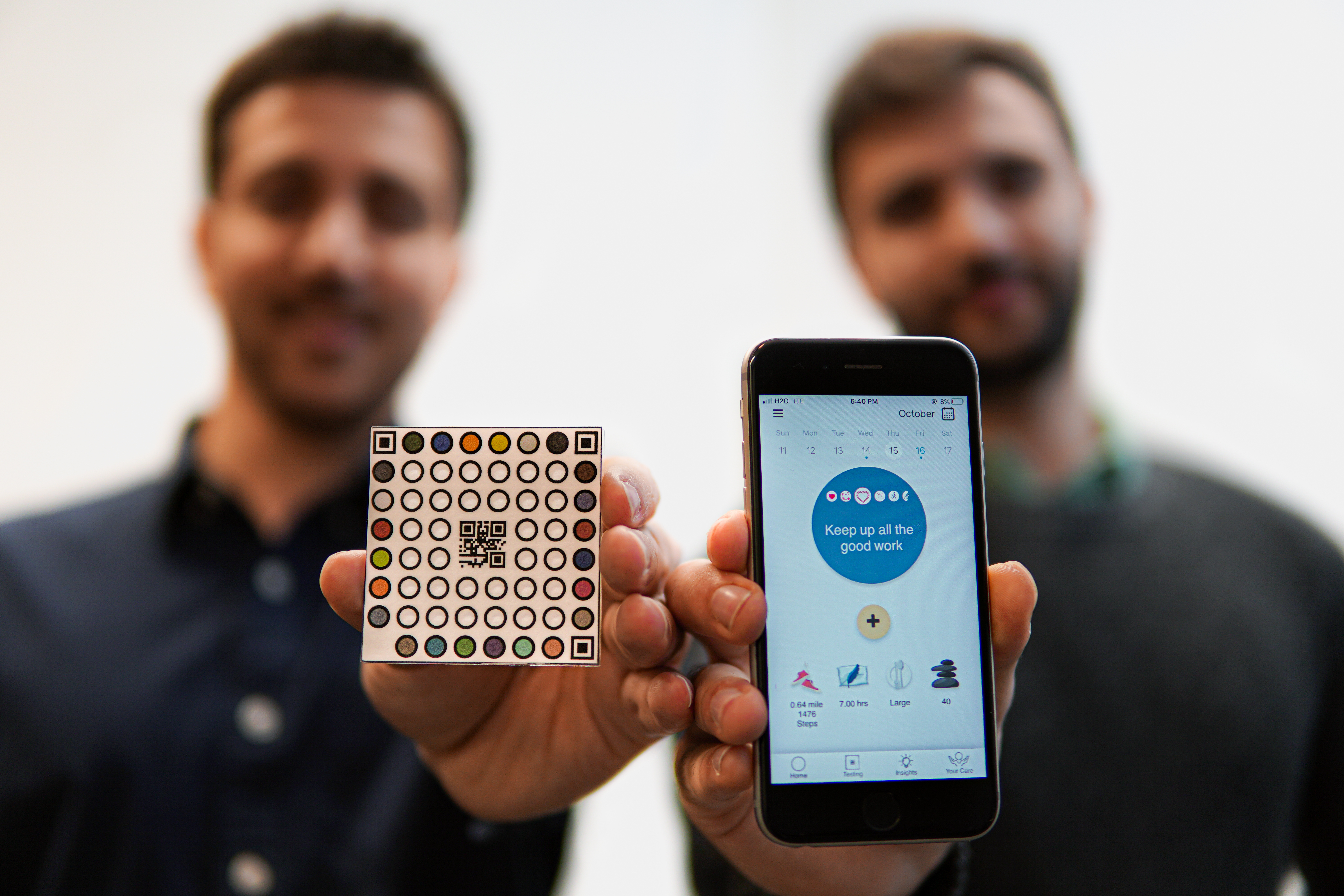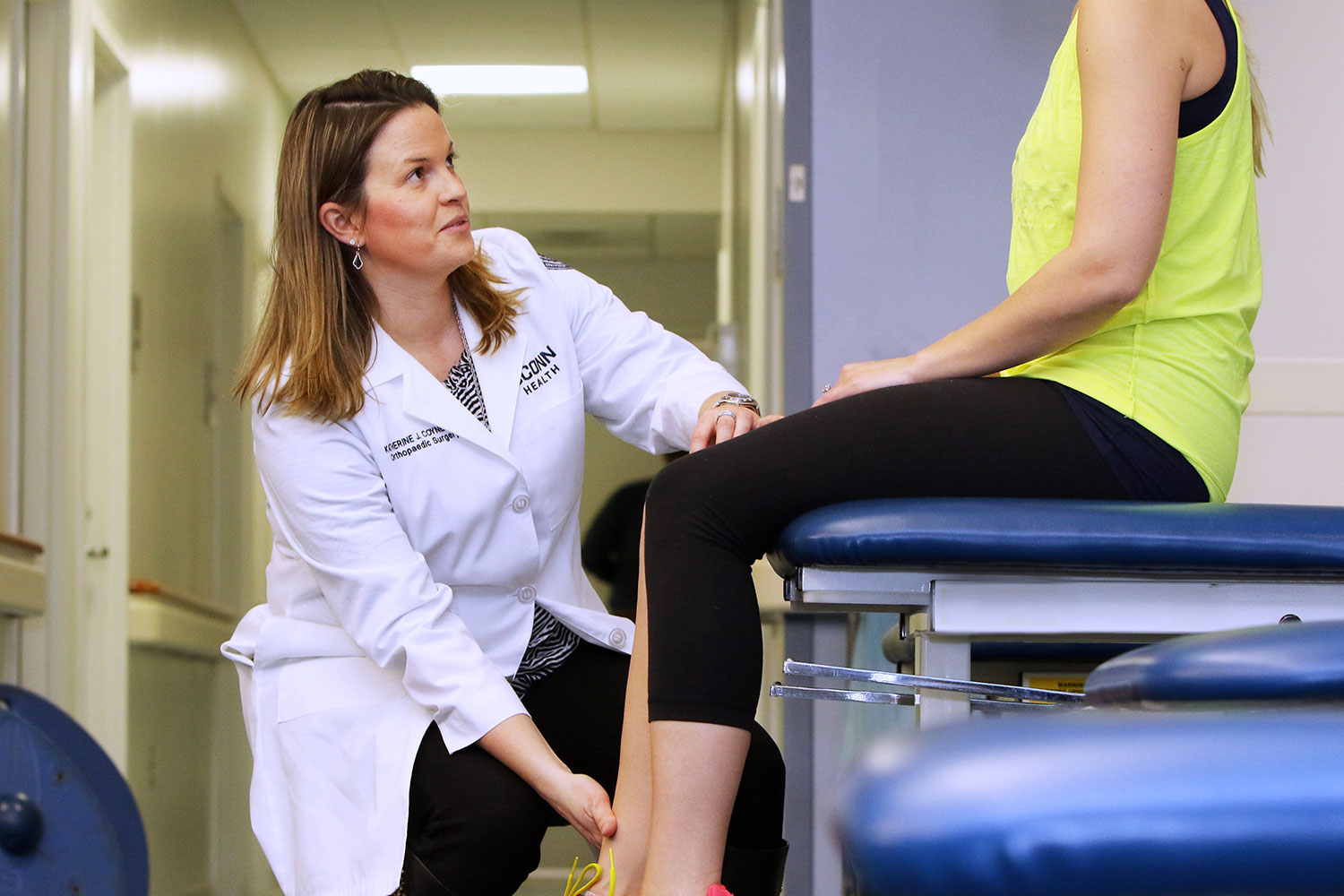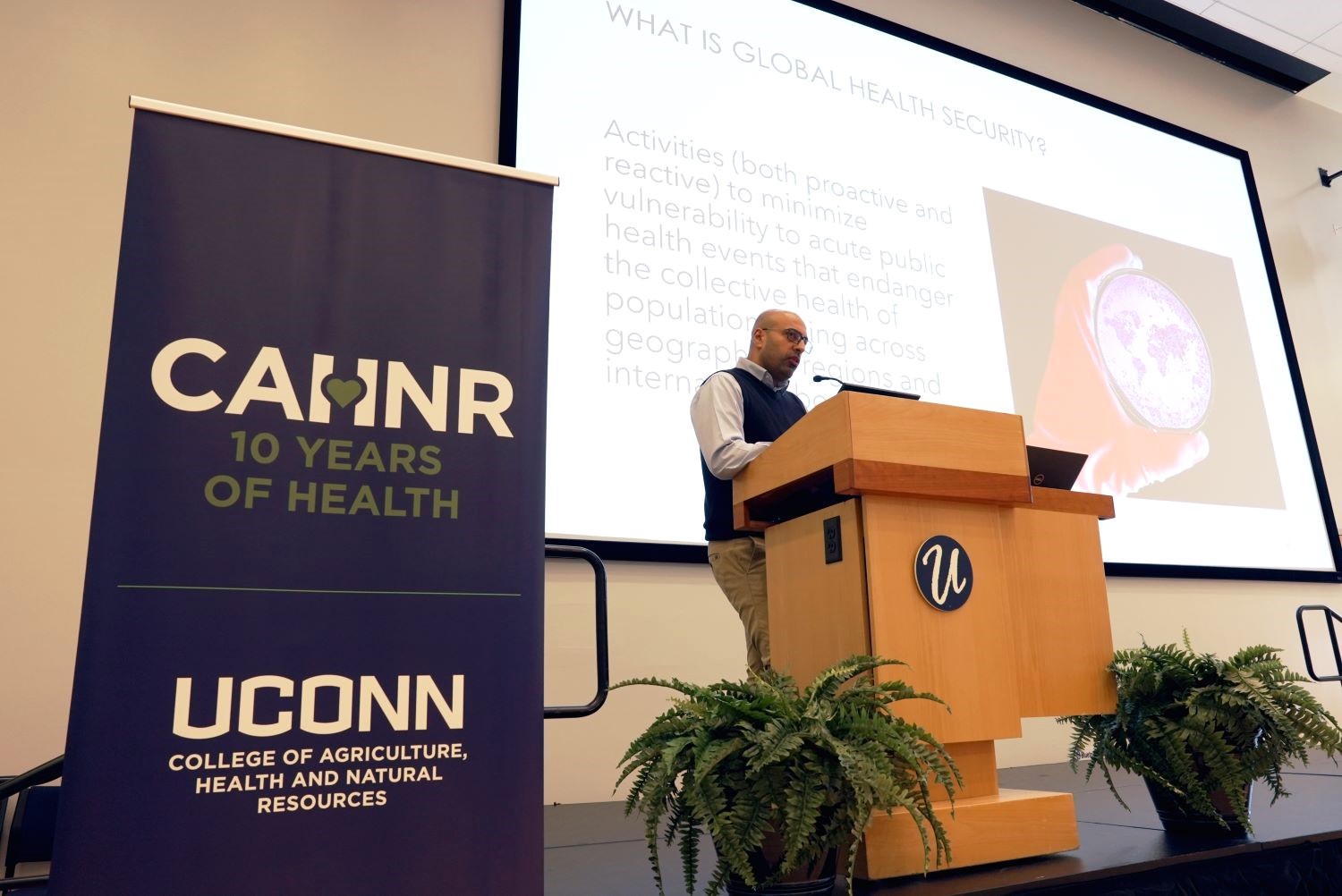Reza Amin started his first business at the age of 18 while he was studying for his bachelor’s degree. Since then, entrepreneurship has been a big part of his life, and UConn’s entrepreneurship ecosystem has paved the path to his next success.
Amin, who earned his PhD from UConn in 2018, just inked a $2.2 million investment agreement for his latest venture – his men’s reproductive health company, Bastion Health. It’s the largest single investment in a student business initiated through UConn’s Peter J. Werth Institute for Entrepreneurship and Innovation to date.
“Men’s health is a niche field that does not get as much attention as it should,” Amin says. “That is why we created Bastion.”
Amin is still a UConn international graduate student – he’s currently enrolled in the School of Engineering’s Master of Engineering in Global Entrepreneurship program – while Bastion is beginning to take off. The $2.2 million infusion in Bastion from Werth Family Investment Associates comes amid the global coronavirus pandemic, where the startup’s telehealth platform now feels more relevant than ever.
“I met with Reza and his partners to review their work and their path forward,” says Peter J. Werth, the philanthropist, pharmaceutical CEO, and manager of Werth Family Investment Associates. “It was obvious they needed several million dollars to get to the next step. My investment philosophy is to treat each project/business like a horse race. In a horse race, you can either bet on the horse – the business plan/idea – or the jockey – the management. Over the years, I’ve found that betting on the jockey is more important than betting on the horse. My opinion was that Reza and his management team were extremely good for a startup company, so I decided to help them reach the next step and invested $2.2 million. I will continue to help them where I can.”
“Health care needs to be reshaped, it needs to be changed,” Amin says. “It’s so expensive, and it’s not effective. My whole focus is on health care, medical devices, low-cost solutions, something that can really revolutionize.”
That’s his goal with Bastion: To revolutionize men’s reproductive health.
“You can find a lot of solutions for female reproductive health, and that’s good, but it’s also putting more pressure on women,” Amin says. “We believe that any reproductive issue is not a man versus woman problem; it’s a couple problem. So men should take responsibility, and we are designing this product for responsible men who want to really be part of this process.”
His product is an app-driven ecosystem that will offer lifestyle tracking, education, and telehealth visits with a network of doctors and medical providers.
Health care needs to be reshaped, it needs to be changed. It’s so expensive, and it’s not effective. My whole focus is on health care, medical devices, low-cost solutions, something that can really revolutionize. — Reza Amin
“One of the problems right now that is plaguing men’s health in general, but reproductive health specifically, is that guys are very reactive with seeking health care,” says Khashayar Dashti, Bastion co-founder and Amin’s partner in the venture. “Our vision is to foster proactivity. We are creating an interactive ecosystem for guys to use every day. They can set up appointments with doctors on our application and get lifestyle planning, wellness planning, prescriptions if they need it, or referrals if the problem can’t be handled online or with just a visit.”
The ecosystem will also integrate new, UConn-patented smart-phone based diagnostic technology, developed by Amin, which provides fast results to common medical tests for male fertility from the comfort and privacy of home. The diagnostic device uses a smartphone-based automated analyzer that measures male fertility, requiring the user to load a semen sample onto a disposable testing grid, which in turn processes the result right on a smartphone. The technology then rapidly returns measurements of sperm count, sperm motility, fructose, and pH, which are all important factors in analyzing semen quality and male fertility.
The Bastion Telehealth app is expected to launch in the coming weeks. Amin hopes the Bastion smartphone test will become available following the completion of FDA clinical trials in late 2021.
Based at UConn’s Technology Incubation Program (TIP) facility at UConn Health in Farmington, the company has already partnered with Athena Health as well as Hartford Healthcare and the UConn Center for Advanced Reproductive Services, which will both work as clinical partners for Bastion’s pilot study.
The Bastion platform, and the new investment in it, are the sort of entrepreneurial innovations that UConn’s Werth Institute is working to foster and grow, says the institute’s director, Professor David Noble.
“A lot of work went into supporting Bastion as it evolved from School of Engineering research,” Noble says, “and their success-to-date would not have been possible without the total entrepreneurial ecosystem that has developed at UConn.”
While currently focused on men’s fertility and lifestyle, Bastion has plans to grow and expand into prostate-specific antigen (or PSA) testing, and male hormonal testing – through its at-home diagnostic technology – in the coming years. Amin and Dashti said that their goal is to provide a secure bridge between men and providers that encourages reproductive and overall health and allows users to take control of their well-being.
“Bastion literally, in days of old, used to mean a physical fortress, but as fortresses have gone out of vogue these days, it’s come to mean a safe haven and a sanctuary,” Dashti says. “And that is sort of what we envision – we want to be a place where guys can feel confident in sharing these conversations without fear of stigma.”
“Telehealth and at-home diagnostic tools have come to the front of the health care industry during the COVID pandemic, which has really put juice behind Bastion’s need to get into the market as quickly as possible,” Noble says. “Some urologists were only able to have three appointments a week in April, and Bastion would have allowed them to continue their business in a sustainable way. As we approach flu season, with the pandemic still waging, the pathway for a solution like Bastion is clear, and the on-boarding of doctors at scale has begun.”
For Amin, who has seen his venture grow to a team of 12 that includes software developers, visual designers, and business strategists, Bastion represents a realization of his ultimate goal: to develop ideas that become real solutions to real problems.
“We are quickly expanding our team, and we are looking for passionate healthcare professionals who will work with us and help us zero in on our vision,” says Amin. “If you’re passionate and driven, you can have real global impact with your ideas. These are the common characteristics of my team. This is our secret sauce.”
To learn more about Bastion, visit getbastion.com.



